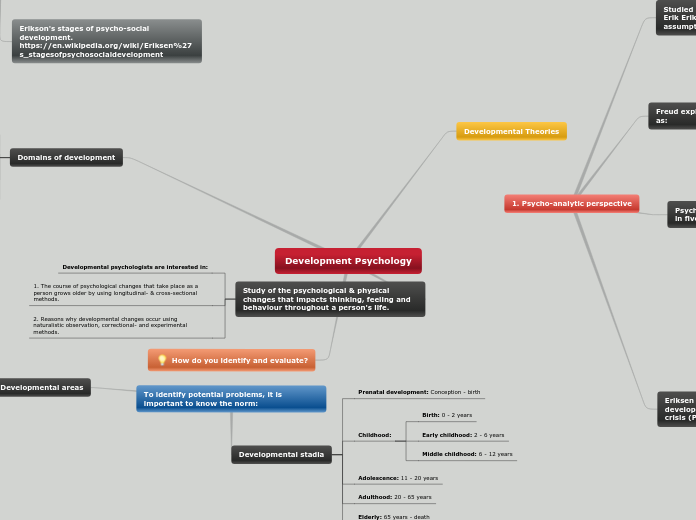por Gardiner Gardiner 2 anos atrás
246
Parental Influences on Child Development
The relationship between parents and children significantly influences child development in various ways. The use of spanking as a disciplinary measure can cause conflicts within the relationship and potentially lead to issues such as substance abuse in children.









